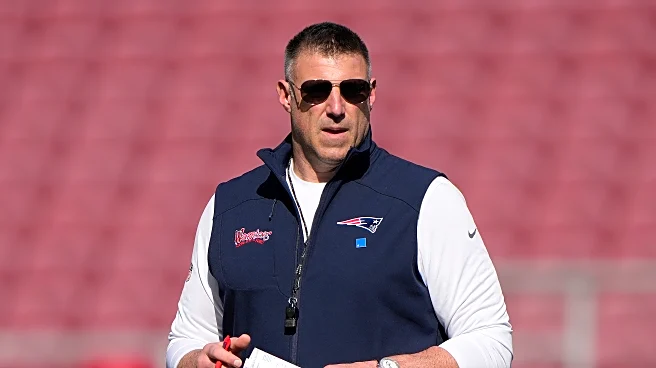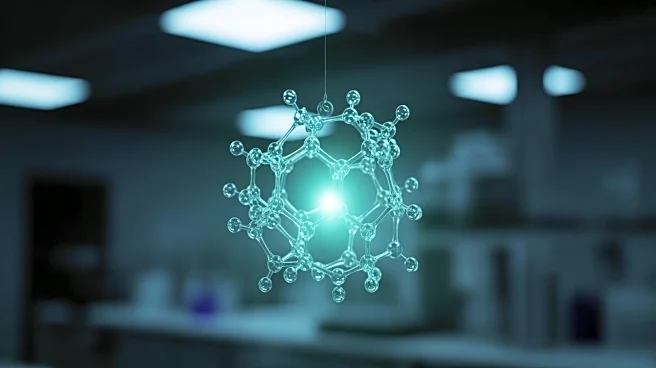Rapid Read • 7 min read
Researchers at Northwestern University have been studying individuals aged 80 and above, known as 'SuperAgers', who exhibit memory capabilities comparable to those of people 30 years younger. The study, ongoing for 25 years, reveals that these individuals either resist the formation of Alzheimer's-related plaques and tangles or remain unaffected by them. SuperAgers maintain a youthful brain structure, characterized by a thicker cortex and unique neurons associated with memory and social skills. The findings, published in a perspective piece in Alzheimer's & Dementia, aim to inspire new strategies for cognitive health preservation.
AD
The study challenges the notion that cognitive decline is an inevitable part of aging, suggesting that exceptional memory in old age is achievable. Understanding the biological and behavioral traits of SuperAgers could lead to interventions that promote cognitive resilience and delay or prevent Alzheimer's and other cognitive decline diseases. This research holds potential implications for public health strategies aimed at enhancing the quality of life for the aging population, potentially reducing healthcare costs associated with dementia care.
The research team plans to continue exploring the neurobiological and lifestyle factors that contribute to SuperAging. Future studies may focus on developing interventions that mimic the protective mechanisms observed in SuperAgers. Additionally, the ongoing collection and analysis of brain donations from SuperAgers will provide further insights into the structural and cellular characteristics that support exceptional memory.
The study highlights the importance of social engagement and strong interpersonal relationships as common traits among SuperAgers, suggesting that lifestyle factors play a significant role in cognitive health. The research also underscores the potential for brain donation to contribute to scientific discovery, offering a form of 'scientific immortality' for participants.
AD
More Stories You Might Enjoy











